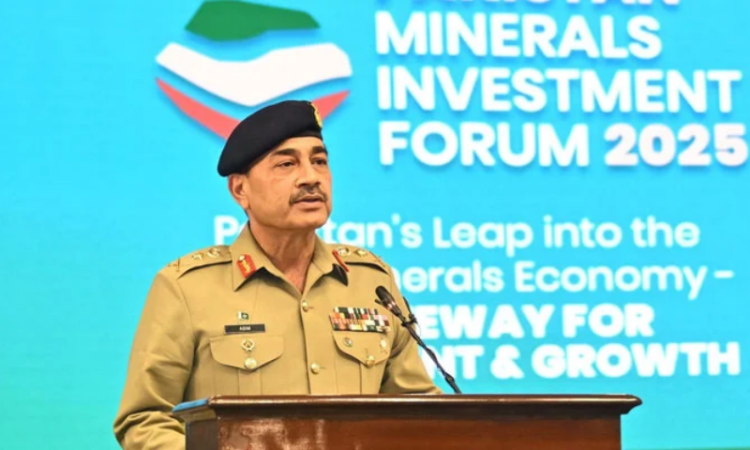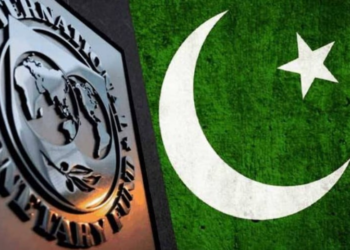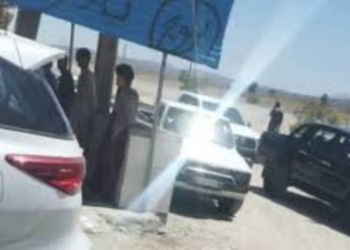Islamaabd, April 8, 2025: Chief of Army Staff (COAS) General Syed Asim Munir has reaffirmed the Pakistan Army’s commitment to safeguarding local and foreign investments in the mineral sector, offering a robust security framework aimed at bolstering investor confidence and accelerating development in the industry.
Speaking at the Pakistan Minerals Investment Forum 2025 (PMIF25) in Islamabad on Tuesday, General Munir underscored that economic security is now an integral pillar of national security, and the military is fully prepared to play its role in harnessing Pakistan’s vast mineral potential.
He invited global investors and institutions to explore opportunities in Pakistan, highlighting the country’s potential to emerge as a global leader in the mineral sector. “Unlocking this wealth will require skilled engineers, geologists, operators, and miners,” he said, noting that 27 students from Balochistan are currently receiving advanced training in mineral exploration in Zambia and Argentina as part of capacity-building initiatives.
General Munir emphasised the need for value addition and refining industries within Pakistan, stressing that development of both upstream and downstream sectors is vital for reducing costs and accessing wider markets.
With substantial reserves, a developing skilled workforce, and a transparent mineral policy, Pakistan is poised for a transformation, the COAS said, assuring international stakeholders that Pakistan is a credible and secure partner in the mining sector.
He also appreciated the contributions of Baloch tribal elders for supporting mining initiatives and promoting regional development in Balochistan. “Through collective efforts, Pakistan’s mineral sector can drive regional prosperity and sustainable economic growth,” he concluded.
PMIF25 draws global interest
The two-day Pakistan Minerals Investment Forum 2025, being held in the federal capital from April 8–9, aims to showcase Pakistan’s mineral-rich landscape, spanning nearly 600,000 square kilometres.
The event has attracted approximately 2,000 participants, including 300 foreign delegates. Representatives from Azerbaijan, Saudi Arabia, China, the United States, the Asian Development Bank (ADB), the US Exim Bank, and mining company CEOs from Denmark, Kenya, Finland, and the UK are in attendance.
The forum is expected to witness the signing of several agreements and Memorandums of Understanding (MoUs). A major highlight will be the launch of the National Minerals Harmonisation Framework 2025, aimed at streamlining policies and encouraging investment.
Despite Pakistan’s rich mineral reserves, the sector contributes only 3.2% to the national GDP, and less than 0.1% to global mineral exports. However, officials are optimistic that increased exploration, investment, and infrastructure development will reverse this trend.
National leadership emphasises strategic vision
Prime Minister Shehbaz Sharif, in his address, urged domestic and foreign investors to capitalise on Pakistan’s untapped natural resources—valued in the trillions of dollars. He stressed that the country would no longer permit the export of raw materials and instead prioritise the export of semi-finished and finished products, a move he called a “win-win” for all stakeholders.
He highlighted the importance of technology transfer and vocational training, welcoming public-private partnerships to train youth in modern skills. “With federal and provincial collaboration, we will transform Pakistan into a leading economy,” the prime minister asserted.
Deputy Prime Minister Ishaq Dar declared that Pakistan is strategically positioned to become a global mining hub, home to vast reserves such as Reko Diq and other valuable minerals, rare earth elements, and gemstones like peridot and emerald.
He announced progressive policy reforms and investor-friendly initiatives as part of the government’s broader strategy to develop a sustainable, high-value mineral economy.
Federal Minister for Power, Ali Pervaiz Malik, noted that the government is actively streamlining legislation to facilitate investment and ensure smooth operations, especially given the sector’s provincial jurisdiction. He highlighted efforts by the Special Investment Facilitation Council (SIFC) and other institutions to promote Balochistan’s potential and strengthen overall sector governance.
Commerce Minister Jam Kamal echoed similar sentiments during a panel discussion, stating that Pakistan’s mineral resources are substantial enough to draw sustained investor interest. He reaffirmed the government’s commitment to long-term investment security and urged confidence in the country’s future.
Representing Saudi Arabia, the Vice Minister for Minerals acknowledged Pakistan’s strategic mineral potential and confirmed that Riyadh is exploring a long-term partnership with Islamabad in the sector.
From the United States, Eric Meyer, Senior Bureau Official for South and Central Asian Affairs, is attending to advance American interests and explore areas of cooperation in Pakistan’s mineral development.
With high-level national and international engagement, clear policy direction, and a commitment to security and transparency, the PMIF25 marks a turning point for Pakistan’s mineral sector—positioning the country as a key player in global resource supply chains and a promising destination for mineral investment.








